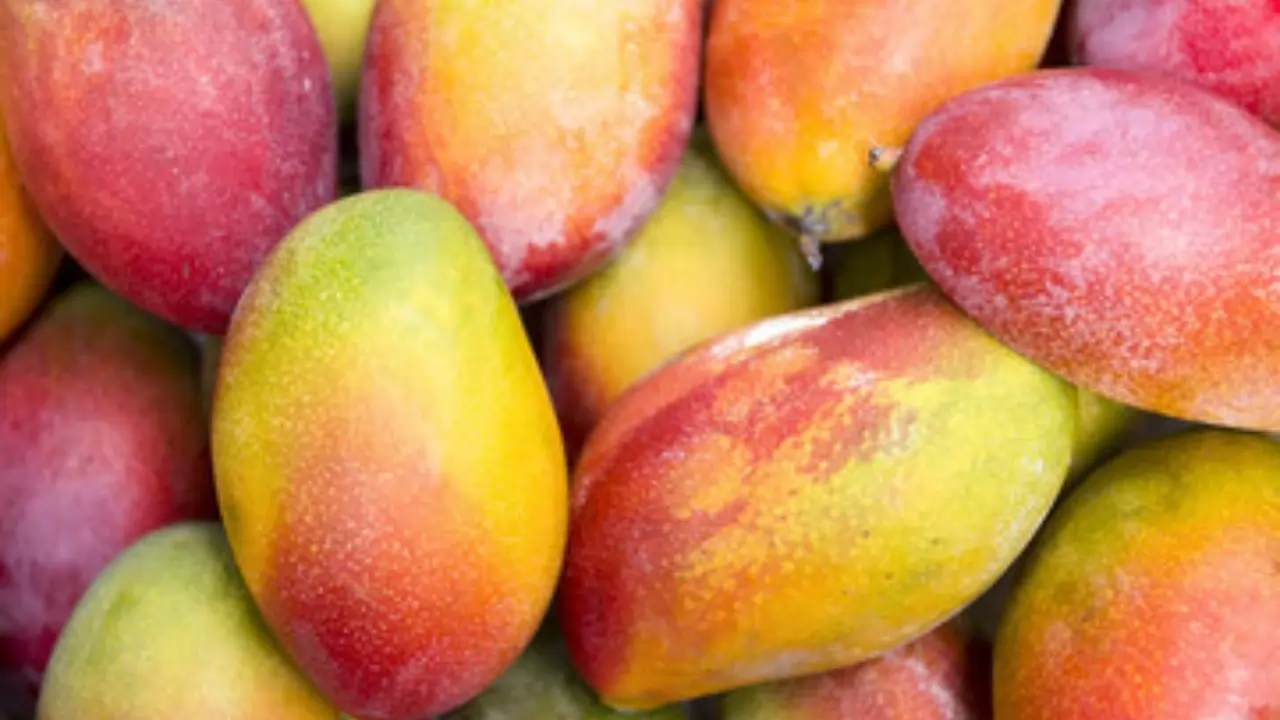
7.5 tonnes fake mangoes seized in Tamil Nadu, know how to identify poisonous ones (freepik)
Mangoes, celebrated as the "king of fruits," are a summer staple in India, cherished for their juicy sweetness. Yet, a common practice in many households is to soak mangoes in water for a few hours before consumption. This tradition, observed across generations, is not merely a ritual but a practical step rooted in health, safety, and cultural wisdom. Soaking mangoes serves to remove harmful residues, reduce the fruit’s natural heat, and enhance its flavor and digestibility, ensuring a safer and more enjoyable experience.
One primary reason for soaking mangoes is to eliminate potentially harmful substances used in cultivation and transport. Many commercially grown mangoes are treated with pesticides and fungicides to protect against pests and extend shelf life. Additionally, some traders apply artificial ripening agents like calcium carbide, a banned chemical in India due to its toxicity. Soaking mangoes in water for 1-2 hours helps wash away surface residues of these chemicals, reducing the risk of ingesting toxins that could cause nausea, dizziness, or long-term health issues. In rural areas, where organic farming is less common, this practice is especially crucial. Furthermore, mangoes are often coated with wax to enhance their appearance and preserve freshness during transport. Soaking helps remove this waxy layer, ensuring the fruit is clean and safe for consumption.
Mangoes are considered a “heating” food in Ayurvedic tradition, meaning they can increase body heat and potentially cause discomfort like acne, bloating, or indigestion if consumed in excess. Soaking mangoes in water for a few hours is believed to neutralize this thermogenic effect, making the fruit easier on the stomach. The process also softens the fruit slightly, enhancing its texture and releasing excess sap, which can irritate the skin or digestive tract. For individuals prone to digestive issues, soaking reduces the risk of acidity or stomach upset, allowing them to enjoy mangoes without adverse effects. This practice aligns with traditional wisdom that emphasizes balancing the body’s energies through food preparation.
Beyond health benefits, soaking mangoes can improve their taste and overall eating experience. The process removes bitter sap residues, particularly from the skin, which can linger if the fruit is not properly cleaned. This results in a sweeter, more palatable flavor. Soaking also ensures hygiene, as mangoes are often handled by multiple vendors before reaching consumers, potentially exposing them to dust, bacteria, or other contaminants. By soaking, consumers minimize the risk of foodborne illnesses. In India, where mangoes are a cultural icon, this simple practice reflects a blend of science and tradition, ensuring that every bite is both delicious and safe.





Copyright © 2026 Top Indian News
